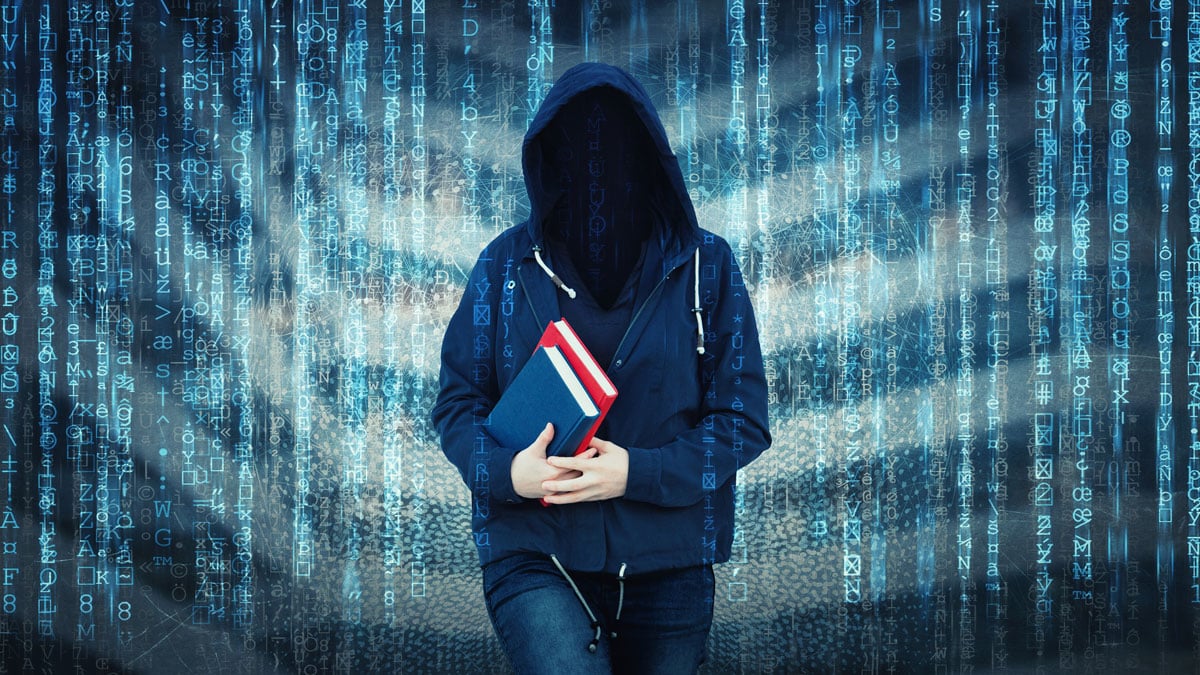From the question mark (What’s my book doing there?) to the exclamation mark (What’s my book doing there!), only a few minutes passed. Very few.
It was the time I spent going through several intermediate states: euphoria (Someone took the time to pirate me!), puzzlement (Could this be positive because it might help more people join the saga?), indignation (Damned! Do they not have a dollar?), and resignation (It’s a pity, but I can’t do anything about it…).
During the creation process, efforts were made to ensure that the price of this work was affordable. That’s why it can be legally purchased for $0.99 in e-book or $8.60 in paperback.
You don’t need to be a search engine expert to find dozens of sites offering my book for free.
As the author of a novel about hackers and a technology enthusiast, I soon realized that there are machines that do this automatically. Until a few years ago, this was done “by hand.” In the news, it was reported that a digital version of Harry Potter and [insert appropriate text] had been stolen and published on the internet several weeks before reaching the shelves. If with that level of editorial production it was impossible to prevent the material from leaking and being uploaded, who am I, Javi Padilla The Unknown, to stop this?
Piracy is a consequence; lack of education is the cause. We are in the middle.
When I tell my students things like “downloading a pirated movie is like breaking a car window to steal some glasses,” they look at me strangely. They don’t equate “watching something without paying” with “stealing.” The origin? Intellectual effort is not valued. We don’t think that someone sitting, typing, dreaming, and sharing their story is doing something that should be rewarded.
If we don’t think that creators of emotions should be paid, what kind of world are we living in? This doesn’t just happen with movies and music but also with video games, books, and anything that can be digitized.
And even if, for a moment, we thought that the creator doesn’t deserve to get paid, what about the editors, printers, illustrators, booksellers…? It’s the same as in movies or music: we’re content to think that “they already make a lot of money,” as if the drivers, lighting technicians, makeup artists, electricians, tailors, and others weren’t wage earners like you and me.
Turning ideas, content, and emotions into zeros and ones is the first step before a high percentage of people think that something is already free. Thanks to Spotify, Netflix, HBO, Storytel, and others, we are beginning to think that it’s logical to pay for consuming content.
Although it may seem paradoxical, I would like to thank the 10% of the first person who decided to upload my book in PDF or ePUB format to a website or sent it by email to a friend. A part of you did the right thing: sharing something we like with others. I’d like to think that generosity is at the origin of piracy…

